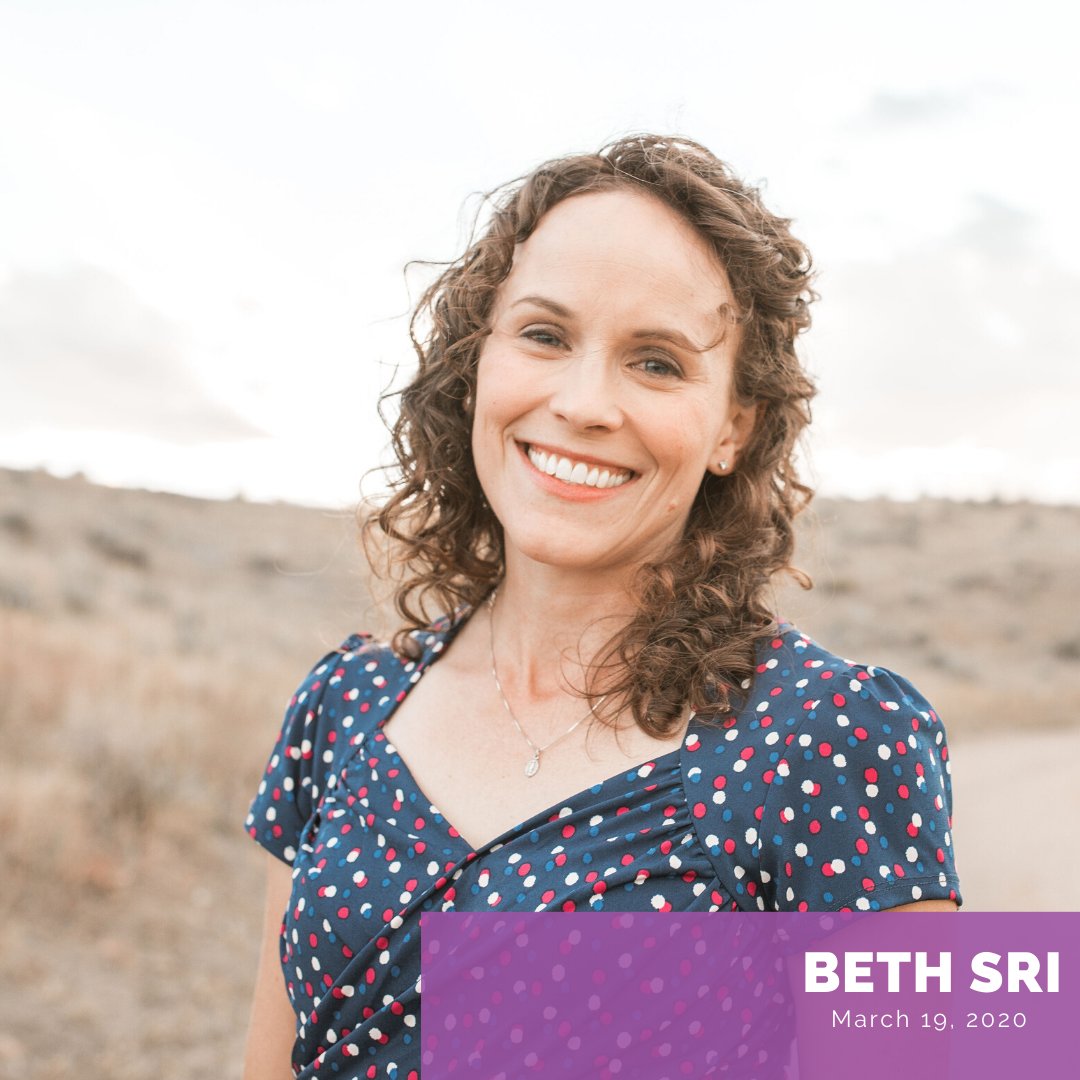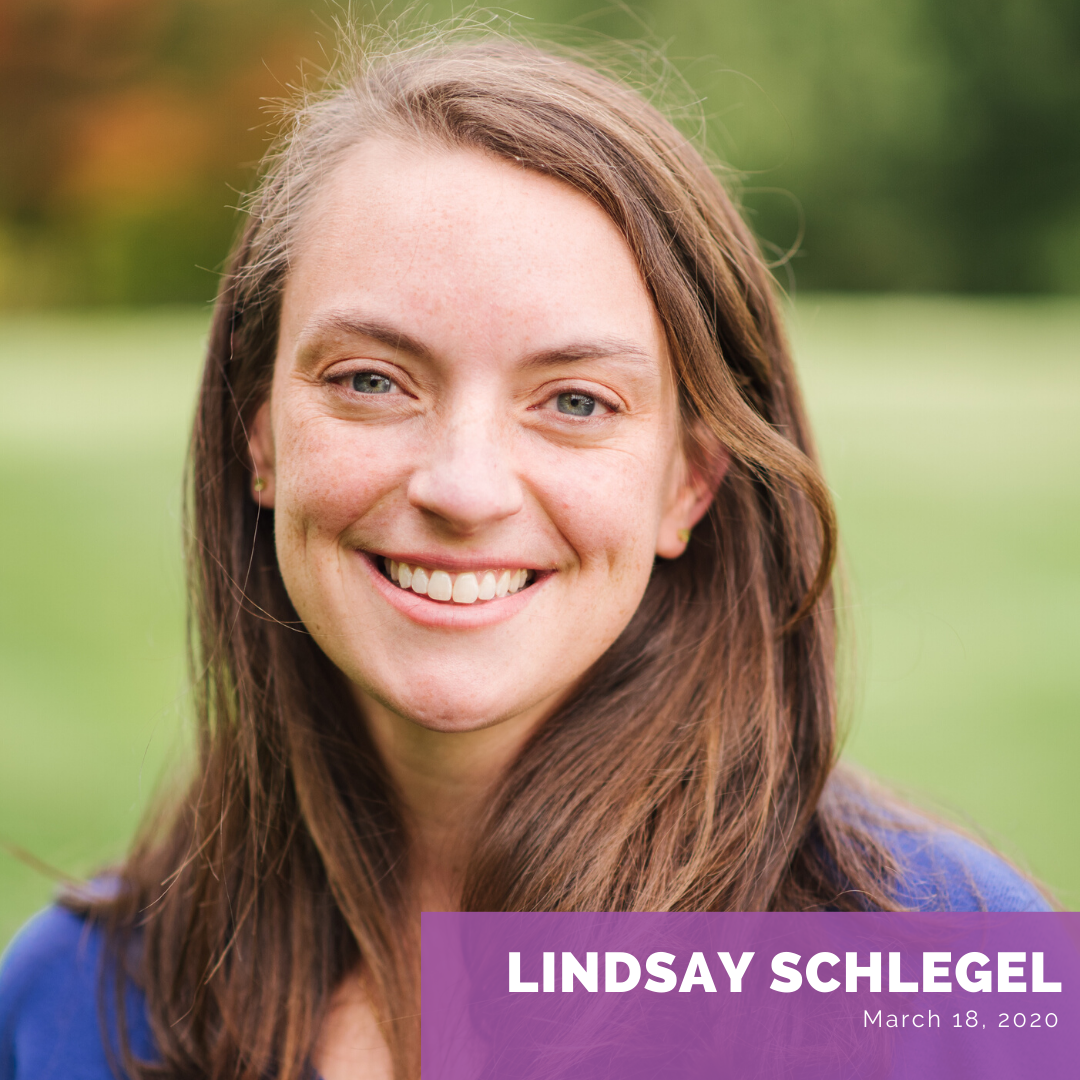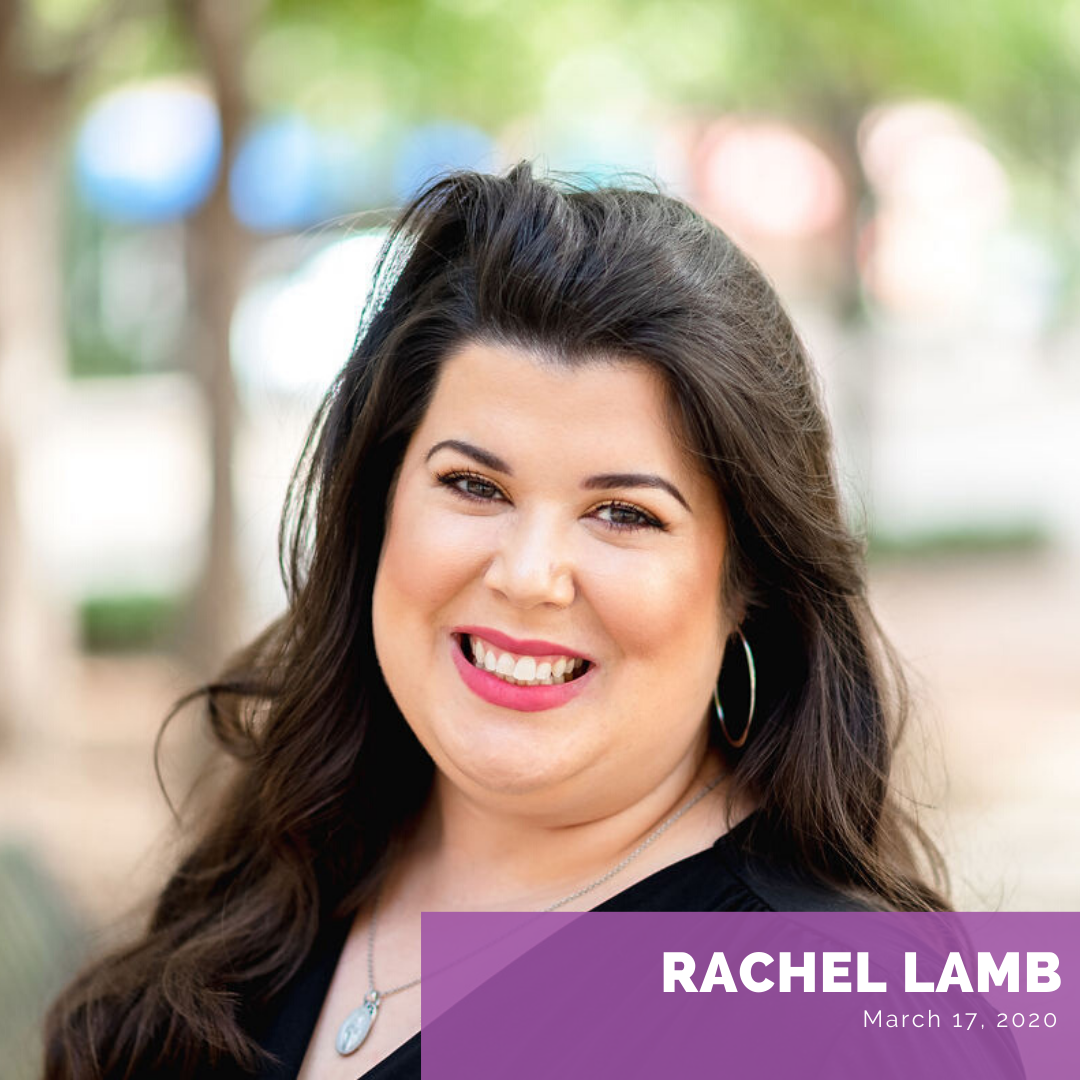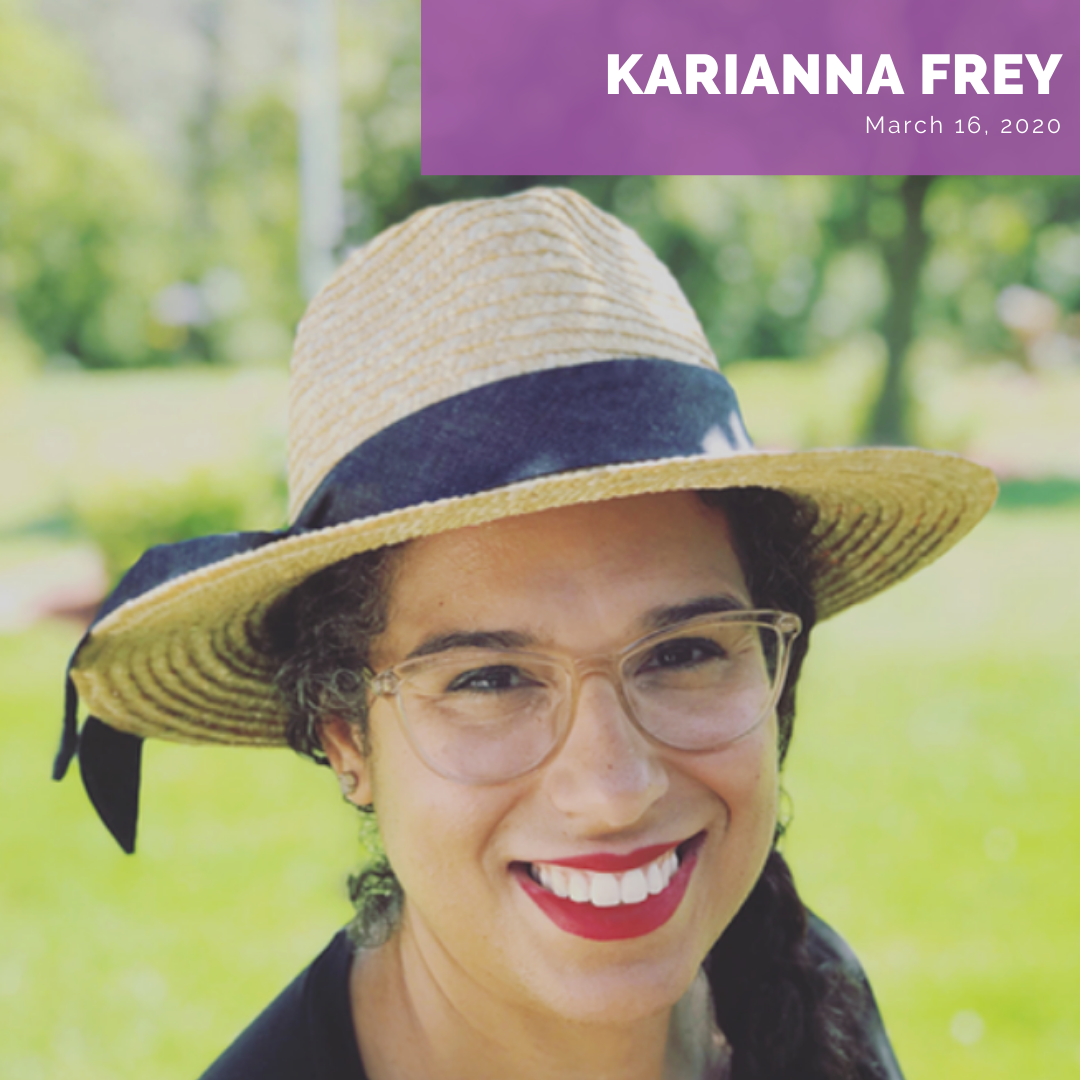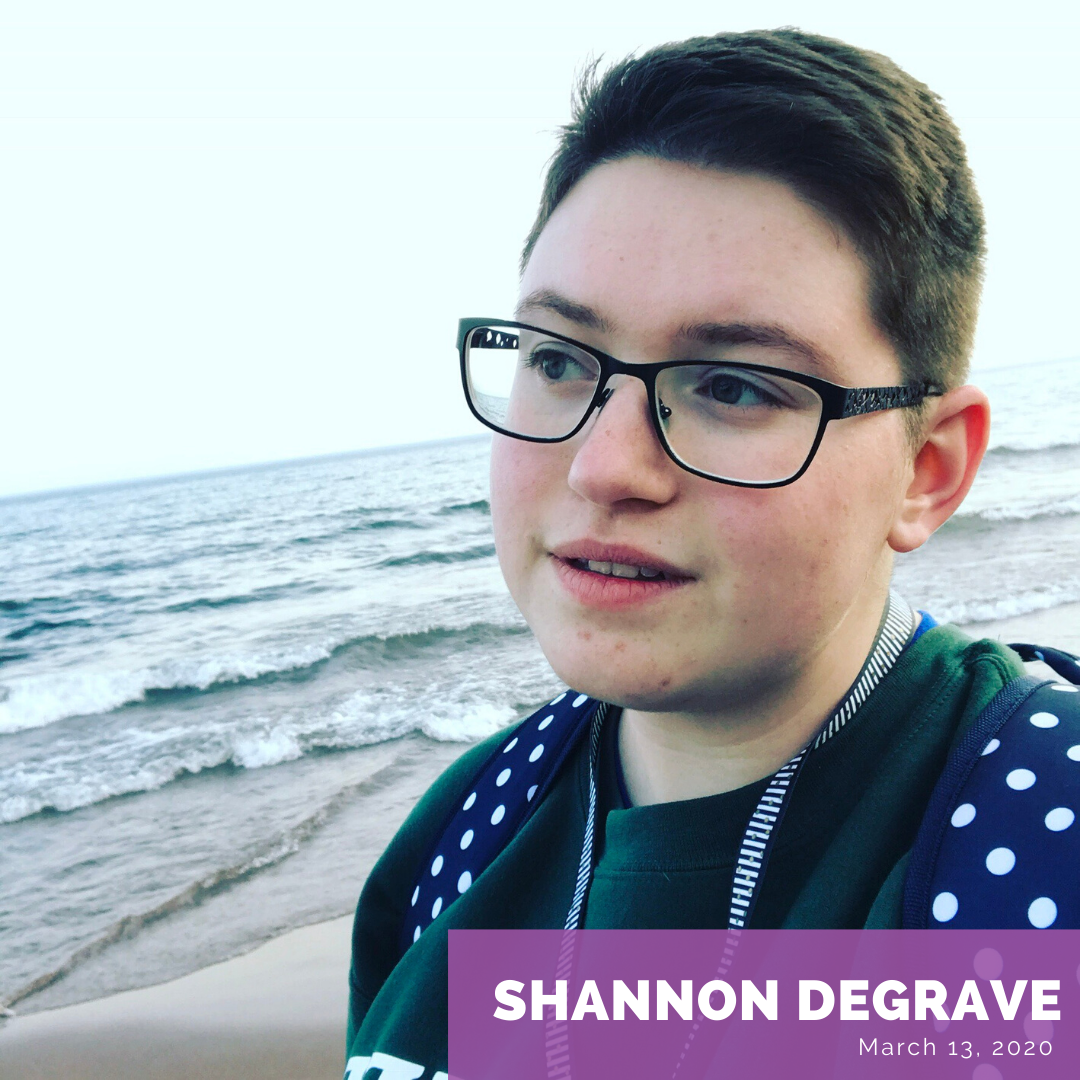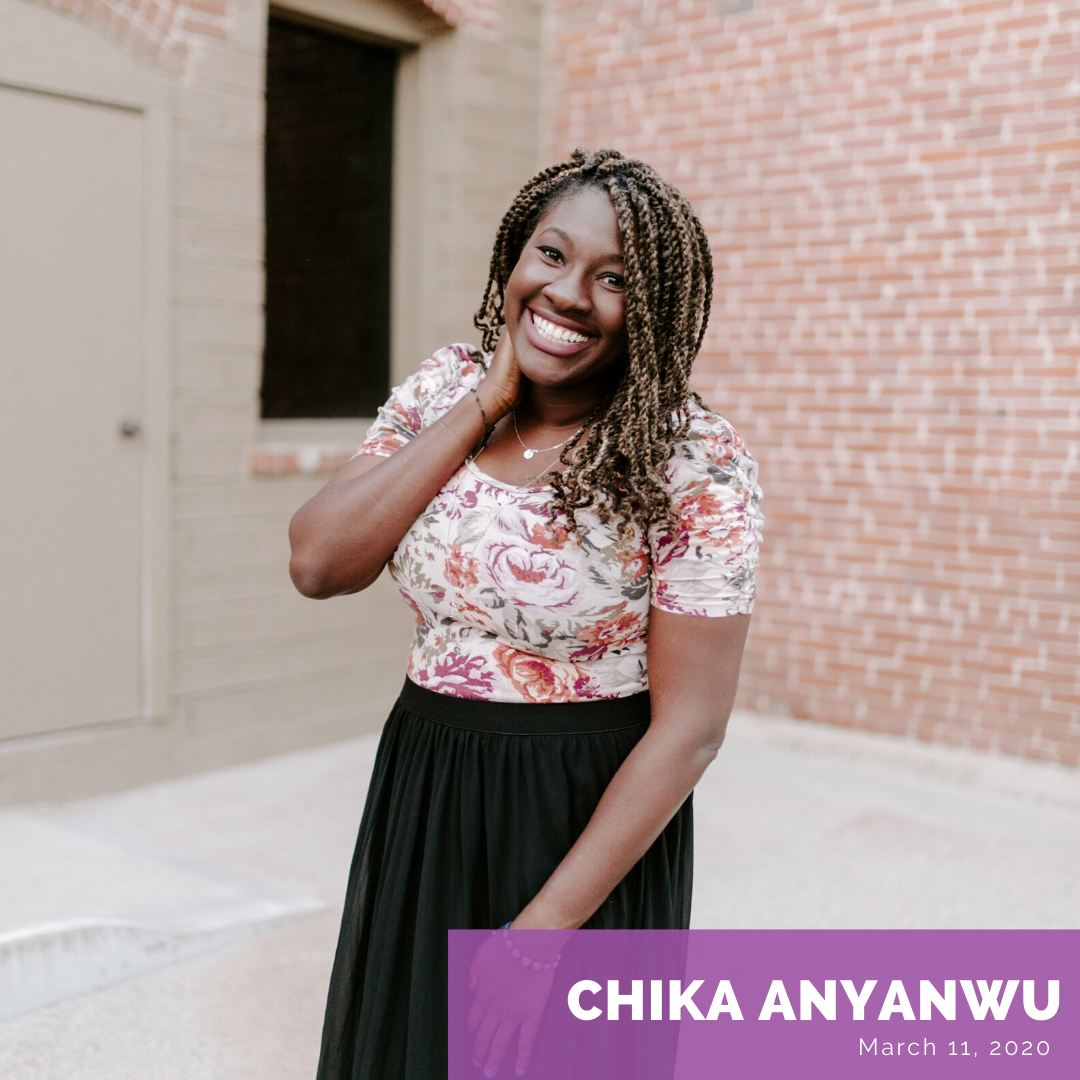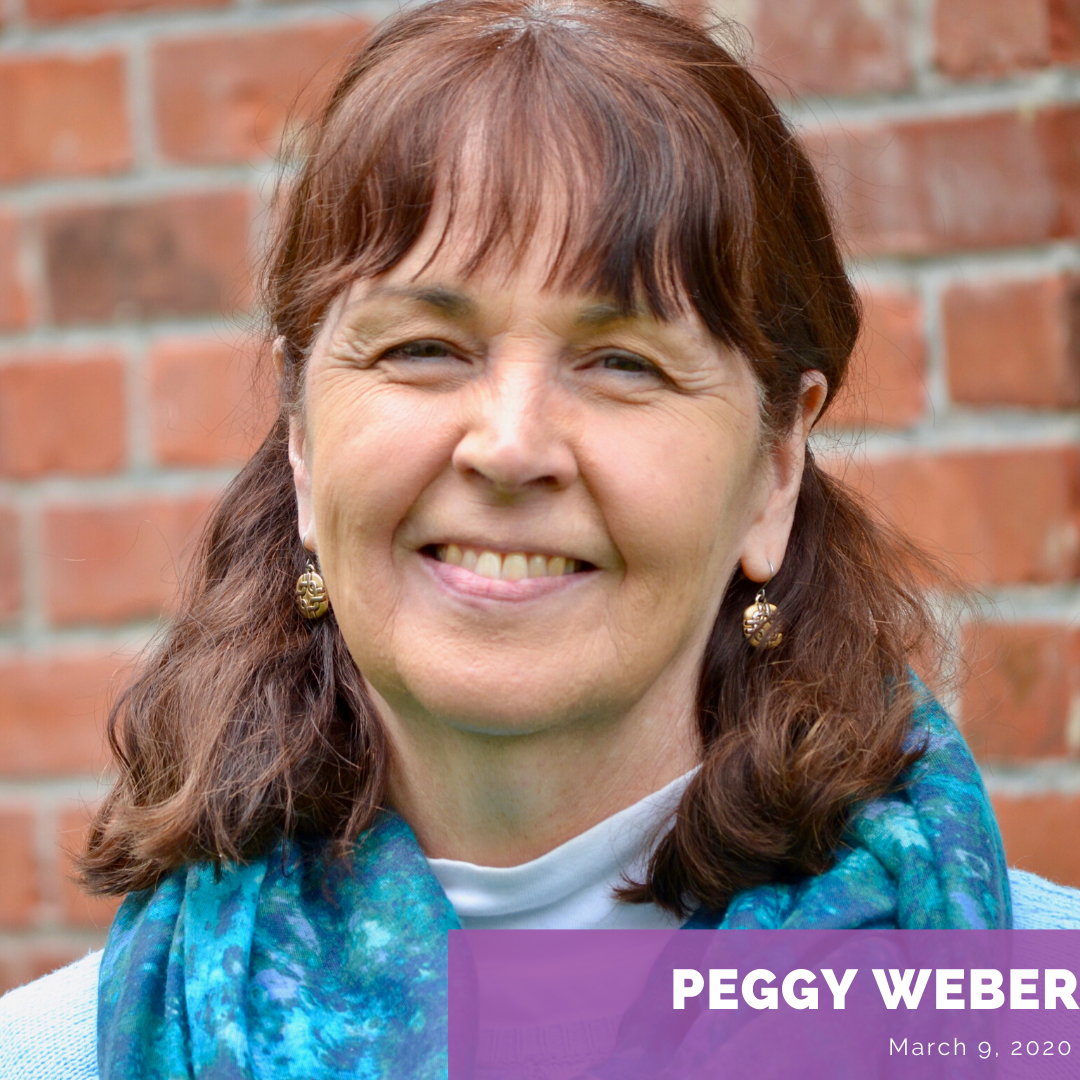Some say that we don’t choose saints to love and look up to, rather that they choose us.
Now, I’m not a natural crier. I actually do all I can to keep my tears reserved for times of private indulgence. But there’s something about St. John Paul 2nd that not only opens the doors of my life wide to Christ, but also opens those ducts up to a tsunami of big, ugly tears. (They’re already starting, can you tell?)
So listeners, bear with me and my shaky voice, full of sniffles here as I share my own story of JP2, how he found me, loved me & became my spiritual father.
I don’t remember much from my toddler days, but I do remember being fascinated by the evening news on TV. I understood very little of the goings-on featured in the coverage, but I knew two famous figures well – President Jimmy Carter and Pope John Paul. It was a big deal to me whenever either name was mentioned. It made such an impression on me, in fact, that as a 2 ½ year old, I begged my parents to name my newborn brother Jimmy Carter. Like good parents, they did not name him Jimmy Carter. Instead he was named after my other favorite news figure…and I made sure everyone at the hospital and everywhere else knew it by repeatedly saying, “That’s my brother, Pope John Paul. He’s NOT Jimmy Carter.”
At age 15, my next encounter with the person of John Paul 2 was not merely through a screen but with the man himself…and 75,000 others at World Youth Day in Denver in 1993. Seeing his helicopter above us at Mile High Stadium when he arrived and the palpable energy and grace felt by all those around me. We were simultaneously jumping up and down, screaming, hugging. Others were crying (Crying? What’s that about? So weird,” I remember thinking. But -Ha – jokes on me today!) He said many things at the football stadium and at the state park, many of which were tricky to make out given the massive, echoing sound system and his Polish accent. Yet, my big take-away was this sentence: “This is no time to be ashamed of the Gospel. … It is the time to preach it from the rooftops.” He said it with such force, such conviction that my 15-year-old adolescent self couldn’t help but think, “Huh, there must truly be something to all this Catholic stuff I’ve been around my whole life.” His unwavering confidence pointed to that something more, something solid and lasting, something reliable and life-giving. Something I’d been immersed in my whole life, but was just seeing for the first time. As a result, I became more involved in & committed to my faith in high school through youth group and retreats.
Fast forward six years…a young bride and her new husband, clad in the traditional white and black, ascended the marble steps of the Paul the 6th Hall to meet the supreme pontiff. We were honeymooning in Rome and sought the Blessing of New Spouses. John Paul II was the first pope to begin this tradition of newlyweds receiving an individual blessing at the close of each papal audience.
My husband and I knew our time with him would be brief and that strategically, we need to say something to grab his attention, to engage him in a conversation of sorts so we could not be quickly shuffled away. We were told not to kneel, but so we rather adopted an awkward sort of bow to the seated Papa. Ted began: “We bring you prayers from Steubenville!” (Why he said this is a story for another day…) “Steubenville…” he repeated softly & slowly “Students?” I knew I had to jump in here as the monsignor nearby was already tugging on my elbow in an attempt to get us moving on. “Holy Father, we hope to be holy parents of many holy children” I blurted out in, all in one breath. It was my own way of planting the flag, of asking for a blessing of this desire. After that, with Mr. Monsignore still gently & persistently insisting on our departure, I kissed his ring and we stepped away.
[Walking back to our seats, I was overwhelmed with the meeting, filled with a joy that escaped in not a few tears. I knew I had met a saint that day. What a gift. [I just didn’t know yet that he was my saint.]]
By May of 2003, we’d had our second baby & first-born son. My husband at that point had begun leading pilgrimages, which always included the hard-fought victory of front row seats at the papal audience in St. Peter’s square. During the audience, the pope is driven around the piazza in an open car, affectionately called a ‘Pope Mobile.’ Often when a baby is spotted near the edge of the crowd along the route, the Popemobile stops and the guards lift the child to the pope for a kiss and blessing.
I desperately wanted this for our 8-month-old son. Yet, there was a potential difficulty: The Holy Father’s health had been deteriorating. We didn’t know if he’d be up for kissing babies that day. I’d asked the people back home to pray that it would happen. I’d prayed inside the basilica for it to happen. We’d asked the sisters who gave us our audience tickets how to increase the chances of it happening. They gave us their best advice. We hoped, God-willing, it would all be enough.
At the close of the audience, as the Popemobile was heading for the door, my husband with his long arms, held the baby over the barrier for the pope & guards to see. Meanwhile, I’m stood on a chair behind them, waving my arms, yelling at the top of my lungs…”TAKE THE BABY!” and pointing toward him like a crazy lady. It worked. The Popemobile stopped and our son, crying at the commotion, his diaper sagging through his sweet sailor outfit, was scooped up to the lips of Pope John Paul 2. Time seemed to stand still. As our son was being ushered back into our arms, the pope turned his head and looked at me, his eyes piercingly blue.
It’s been said that John Paul 2 had an amazing memory of his personal encounters with people, even when they themselves did not. It wasn’t uncommon for someone to say “so good to meet you!” and he’d reply “remember, we’ve met before at such and such a place. You were on your way to… or we talked about…” He could even pick back up a simple conversation with someone again years later. Given this, I’d like to think that in that split second, he remembered me, an idealistic young bride gushing her mission statement to him, resisting being pulled away from his side. I’d like to think that he saw me, that he knew me, that he was imparting something of himself to me that day. There’s no way to know this for sure, of course, but there was something almost tangible in his eyes that day…
We last saw him again earth-side on March 17, 2004. (I had learned that morning that Sri Baby #3 was on her way.) Seeing our dear Holy Father slurring, drooling even, showing difficulty in even raising his hand in blessing, doing all he could to communicate with the throngs of pilgrims who had come from near & far to spend time with him. He was so frail that I couldn’t help but think we wouldn’t have him with us much longer. Sure enough, about one year later, at a baby-shower, my god-mother told me the news of his passing. “I know he was special to you,” she said, hugging me as I burst into tears.
The images of his funeral: the simple coffin, the pages of the book turning in the wind, the hauntingly beautiful Eastern Rite melodies, the throngs of pilgrims overwhelming the city of Rome – these impressions are burned in my memory. It all seemed surreal.
My spiritual director asked weeks later, “How are you doing with our holy father’s passing?” I couldn’t even respond audibly, I just cried & sniffled & cried. “You’re still grieving, still grieving” she gently replied.
Later, we learned his feast day would be October 22, commemorating not the day he died, his birthday or even the day he was named pope. It was the day he was installed as pope, and coincidentally – or should I say – providentially, the day I was baptized. Another connection.
Since his passing, we’ve had many more connections. Naming our next child – #4- after him and watching him as a 6-month-old crawl right up to the temporary marble tomb in the crypt of St. Peter’s, gently hitting it with his sweet chubby hands, in a sort of “high 5” gesture. And more recent occasions of re-connecting with him at his tomb, now in the upper basilica, near the blessed sacrament chapel. And every time I end up there, the tears do too.
But this last summer was the most unexpected encounter, though I shouldn’t have been so surprised. For a milestone anniversary, my husband and I went to Poland for a week to celebrate. Trying to get to the Sanctuary of Divine Mercy, we had given our Uber driver the wrong address. We ended up at the church next to it, which housed his battered, torn and blood-stained cassock, a relic from his 1981 assassination attempt. Even though the glass case was tucked into a discreet corner of a side chapel with a kneeler in front of it, I wasn’t content to simply say a prayer before it. I took time to soak this in, to study it from all angles, awkwardly maneuvering around it …
Upon further exploration this side of the Sanctuary, we found the JP2 Museum. Here was the jackpot. A treasure-trove of all sorts of HIS own personal stuff, it was like going through your grandpa’s trunks in the attic as a kid. His skis, the Holy Spirit prayer given him by his own father that was near him on his deathbed, his first cardinal cassock, his letters and engraved desk pen set. Throughout the museum, the sound system played the audio of speeches he had given in Polish and even his first address as pope. But what hit home the most were all the photographs…his baby & toddler pictures, his young adult pictures, his baby priest photos, cardinal shots, so many pictures…All with this glint in his eye, this spark of “something,” this inviting tight-lipped smile as if he was keeping a secret or sharing an endearing private joke.
It was so overwhelming, these glimpses of my spiritual father in rapid succession, one after another, tracing his life, his own growth, meeting him again at each of stages, accompanied by his voice and in his hometown of Krakow at that… I had no choice but to bee-line it to the women’s restroom to have myself a good, ugly cry.
I don’t know what the future will hold for JP2 and me, when he’ll next surface in some way at some point in my life and I don’t know why I have this deep connection to him.
But I do know that something about him has transcended all distance… whether a television screen, a crowd, the Atlantic or even the distance between earth and heaven. In him, I have felt SEEN. He showed up at the crossroads of my life…before my parents’ divorce, as I attempted to more purposefullylive my faith in my teens, in his own personal blessing at the start of my marriage and in seeing me with my children, building the family I personally told him I’d hoped to have. He saw me with a gaze not unlike the gaze of our heavenly father, penetrating and intense with a deep, unearned love. I don’t understand it. I don’t deserve it.
And maybe also the tears. No one makes me cry like he does. And as much as I don’t like it, he’s teaching me that tears can actually be good. A friend of mine says tears in the spiritual life are a sign of grace, God’s life within us. Well then, Amen. So be it. Let’s bring it: John Paul 2, we love you!
Beth Sri is the mother of eight children ages 19 to 3, and is married to Catholic theologian Edward Sri. A graduate of Benedictine College, she was among the first FOCUS missionaries. Beth continues to lead and invest in those around her, encouraging fellow wives and mommas in their call to marriage and motherhood through mentorship, small group gatherings and blogging at her website BornToDoThis.org. Though not Italian, she relishes cooking up “authentico” Italian pastas for her growing family. When she’s not in the kitchen making a quadruple batch of something or chauffeuring children to & fro, she can be found on a long run out in the Colorado sunshine or curled up with an annotated Jane Austen novel.

